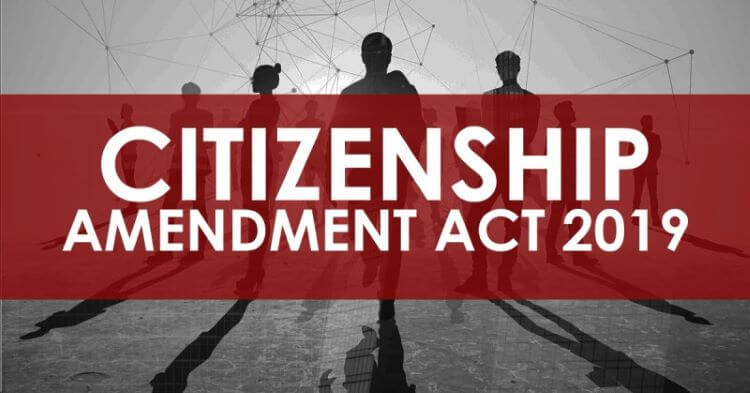By John Singarayar
Mumbai, March 12, 2024: The Citizenship (Amendment) Act, 2019 (CAA) has ignited intense debates and controversies since its inception, with recent notifications regarding its implementation reigniting discussions about its implications.
It is time we critically examined the CAA’s implications, implementation process, and socio-political ramifications, delving into its understanding, historical context, legal concerns, impact on minority communities, implementation challenges, humanitarian considerations, international response, and diplomatic ramifications.
Understanding the CAA
The CAA aims to grant expedited citizenship to undocumented non-Muslim migrants from neighbouring countries who entered India on or before December 31, 2014. By targeting specific religious groups—Hindus, Sikhs, Jains, Buddhists, Parsis, and Christians—while excluding Muslims, it raises concerns about its constitutionality and alignment with India’s secular ethos.
Implications of Selective Inclusion
The selective exclusion of Muslims from the CAA raises questions about its discriminatory nature and undermines India’s secular fabric. Critics argue that privileging certain religious communities over others contradicts principles of equality and non-discrimination, both domestically and internationally.
Historical Context and Political Motivations
The timing of the CAA’s enactment amidst widespread protests highlights its political motivations, aligning with the ruling government’s Hindutva ideology. By polarizing communities along religious lines, it serves as a tool for consolidating power, raising concerns about its impact on India’s pluralistic ethos.
Legal and Constitutional Concerns
Contesting the CAA’s constitutionality revolves around its violation of secular principles enshrined in the Indian Constitution. Critics argue that privileging certain religious groups undermines the fundamental right to equality before the law and contradicts the secular vision of India’s founding fathers.
Impact on Minority Communities
While purporting to provide refuge to persecuted minorities, the CAA’s exclusionary nature marginalizes Muslim minorities within India, exacerbating communal tensions and feelings of alienation. Concerns also arise regarding stateless Muslim minorities, like Rohingya refugees, who are not covered by the CAA.
Implementation Challenges
The recent notification of rules for CAA implementation presents practical challenges, including identifying and verifying eligible migrants. The lack of clarity in defining persecution criteria and documentation requirements complicates the process, with bureaucratic hurdles and potential discrimination posing obstacles to fair implementation.
HumanMuitarian Considérations
While claiming to provide sanctuary to persecuted minorities, the CAA overlooks other forms of persecution and urgent humanitarian needs, focusing solely on religious identity and citizenship. This approach fails to address broader humanitarian concerns, including access to basic services and protection from violence.
International Response and Diplomatic Ramifications
The CAA’s discriminatory provisions have drawn international criticism, straining India’s relations with neighbouring countries like Bangladesh and raising questions about its commitment to democratic values and minority rights. Global human rights bodies have scrutinized India’s stance, highlighting concerns about regional stability and minority protections.
The Citizenship (Amendment) Act, 2019, marks a significant development in India’s immigration policy, but its selective criteria, constitutional concerns, and humanitarian implications warrant critical scrutiny. As India balances accommodating persecuted minorities with upholding secular principles, it must navigate a delicate path towards inclusivity, justice, and harmony within its diverse society. The true test of the CAA lies in its ability to reconcile humanitarian imperatives with constitutional values, ensuring a fair and equitable approach to immigration policy.
(John Singarayar, attached to Mumbai’s Institute of Indian Culture, has a doctorate in Anthropology.)










